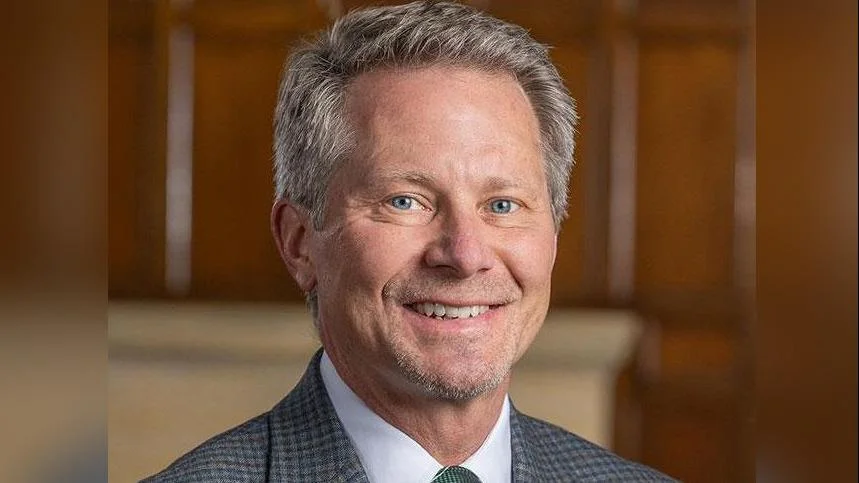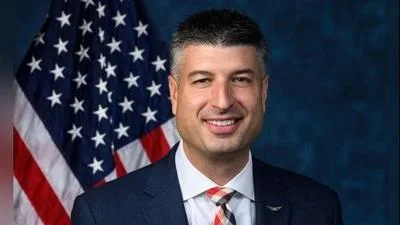Kevin M. Guskiewicz President at Michigan State University | Official website
Kevin M. Guskiewicz President at Michigan State University | Official website
As Michigan gears up for the 2024 presidential election, the state is once again in the spotlight as a key battleground. Historically leaning Democratic in presidential races, Michigan's status as a swing state was solidified after narrow victories by Donald Trump in 2016 and Joe Biden in 2020.
With Vice President Kamala Harris now leading the Democratic ticket, she faces a tight race against Trump. "Since Biden stepped down at the end of July, Harris has enjoyed a steady — albeit at times uncomfortably thin — lead over Trump in Michigan," said Nazita Lajevardi, an associate professor of political science at Michigan State University. As of late October, polls showed Harris with a marginal lead of just 0.6 points.
Key voter groups could play decisive roles in determining Michigan's outcome. Young voters, Arab Americans, and Black voters are seen as crucial constituencies. In particular, young Michiganders have shown increasing engagement since 2016 but remain to be fully mobilized this year.
Economic concerns dominate voter priorities according to a September poll by The New York Times/Siena College. Other important issues include abortion and immigration. Trump's campaign has focused on economic promises like reviving car factories and addressing illegal immigration.
Among Black voters, there exists an enthusiasm gap between those deeply connected to the Democratic Party and others who feel disenchanted or disconnected from politics. "Harris could attract Black business owners and holders of student debt by discussing plans to infuse capital into small businesses," noted political scientist Meghan Wilson.
Arab American voters present another challenge for Harris due to declining support from Muslim communities in Michigan over recent years. A poll conducted by the Council on American Islamic Relations indicated that Green Party candidate Jill Stein led among Muslim voters.
Youth engagement remains uncertain despite previous high turnout rates among young voters in past elections. "Certainly, young Michiganders are more enthusiastic about her candidacy than they were Biden’s," commented Corwin Smidt from Michigan State University.
The stakes are high not only for the presidential race but also for congressional contests such as Michigan’s 7th Congressional District which remains highly competitive this election cycle.





 Alerts Sign-up
Alerts Sign-up